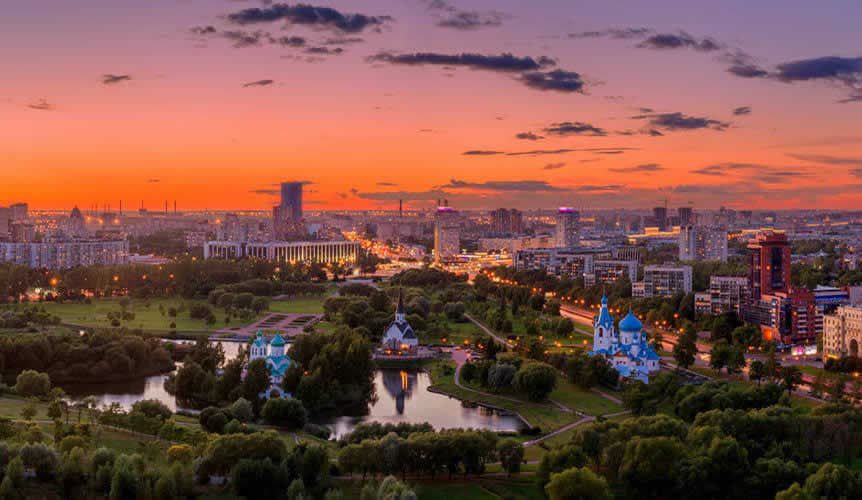In the Russian language, nouns have a grammatical gender: feminine, masculine, or neuter. Although there may be no comprehensible logic behind it when we talk about a chair or a cupboard, when it comes to occupations, it seems that everything should be easy. However, it’s not. Historically many professions weren’t accessible for women, thus there were no words for them. Doctor, engineer, professor… There are a whole lot of professions that women gained access to not that long ago, in the XX century. Taking all this into account, plus the development of the feminist movement, we have a bunch of new words, and not all of them are generally accepted.
Masculine VS Feminine
If we take a look at occupations in Russian, we can notice that the grand majority has a masculine form as basic. And the feminine version is created on their base. For example:
Актёр – актриса (actor, actress)
Певец – певица (singer m., f.)
Учитель – учительница (teacher m., f.)
There are not that many occupations that have feminine form as basic. But there some, that were typically feminine in the past centuries:
Няня (nanny)
Медсестра (nurse)
Кухарка (cook)
Feminine forms are usually marked
Although there are many occupations in which the feminine form is widely accepted, it often happens that such forms have a negative or disrespectful connotation. While врач (doctor) is a neutral masculine form, there is no appropriate form for a woman doctor, although many women are involved in the sphere. You may have seen or heard the word врачиха, but it has a strong negative tone. Although учительница (teaher, f.) sounds fine for every Russian speaker, you won’t find this word in any official documents.
That one word that divides Russia

Study Russian with us, check our Instagram to see more of Russia, and Facebook to find out more about culture and language.



















